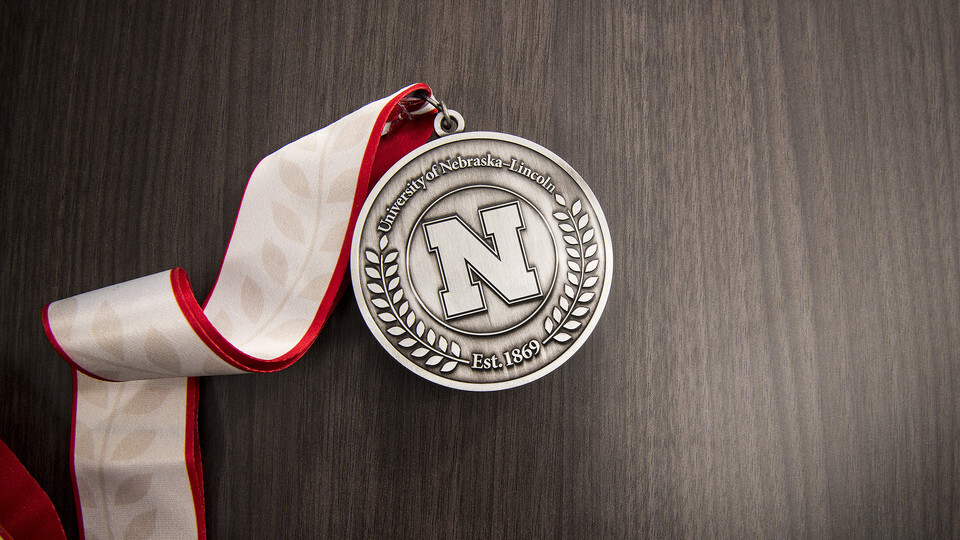
University of Nebraska-Lincoln professors Rebecca Roston and Leen-Kiat Soh have been awarded professorships from the Office of the Executive Vice Chancellor. Soh and Roston are affiliated with projects in the Center for Science, Mathematics and Computer Education.
* Rebecca Roston will be Susan J. Rosowski associate professor of biochemistry. Roston, a member of university Center for Plant Science Innovation, conducts research on how membrane dynamics can contribute to plant health by using a combination of genetics, molecular biology, protein biochemistry and biophysical approaches to study how plant species respond to temperature stress. She and her collaborative teams publish highly-referenced papers in high-profile journals such as the Proceedings of the National Academy of Sciences. They also successfully compete for funding from federal agencies including the National Science Foundation and Department of Energy. Roston has received the Arthur C. Neish Young Investigator Award from the Phytochemical Society of North America and a NSF CAREER Award. She has been named chair of the 2023 Gordon Conference on Plant Lipids.
* Leen-Kiat Soh will be Charles Bessey professor in the School of Computing. Soh conducts research on multiagent systems, intelligent data analytics, and computer science education with a focus on improving teaching and learning, supporting online collaboration, and facilitating adaptive decision making. He also models smart grids, human learning, and social unrest to explore emergent behaviors through computational simulations. Soh has published more than 200 peer-reviewed technical papers. While at the university, Soh has secured over $20 million in external funding as principal or co-principal investigator. Soh’s work in CS education has contributed to fundamental research, courseware development, professional training, education, instruction and outreach in the discipline. Key findings include identifying learner profiles and performance in post-secondary CS courses and establishing computational creativity as an effective intervention to improve student learning in CS courses for majors and non-majors. Additional outcomes include the development of new courses for teachers teaching CS and training of STEM teachers to improve their programming skills, directly impacting more than 100 K-12 teachers across Nebraska.